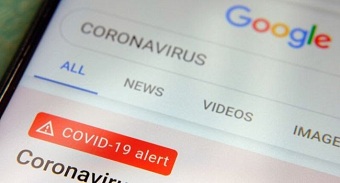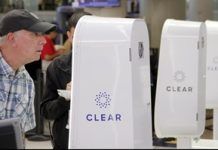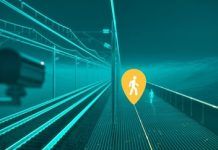In an unprecedented collaboration, Apple and Google are coming together to develop a Bluetooth-based app that would allow individuals (and health officials) to track if they have come into contact with someone who has been diagnosed with COVID-19.
The practice of “contact tracing” is cited by public health officials as crucial in containing the spread of the highly contagious coronavirus so that people who have been in close proximity to an infected person can self-isolate and prevent others from becoming infected.
Now, the two tech companies are creating APIs for Android and iOS, Apple’s operating system, so that public health authorities can release official apps and access the data of people who consent to sharing their short-range Bluetooth communications, allowing the app to detect if they have been close to a person who reported having COVID-19.
“Through close cooperation and collaboration with developers, governments and public health providers, we hope to harness the power of technology to help countries around the world slow the spread of COVID-19 and accelerate the return of everyday life,” the two companies announced recently.
The idea is to release app designs that will operate with apps from public health authorities by mid-May. Users will have the ability to download the app during this period, and the tech giants will work in the meantime to build contact tracing functionality into their operating systems so that it is available to everyone with an Apple or Android device.
While the move has been largely celebrated as a potential way to limit spread of the coronavirus and address the logistical challenges of contact tracing, there have been critiques from tech experts and civil liberties advocates. Many are wondering about the difficulties of getting a majority of Americans to download an app on their own, in addition to concerns about the reliability of Bluetooth signals and the effectiveness of tech contact tracing.








